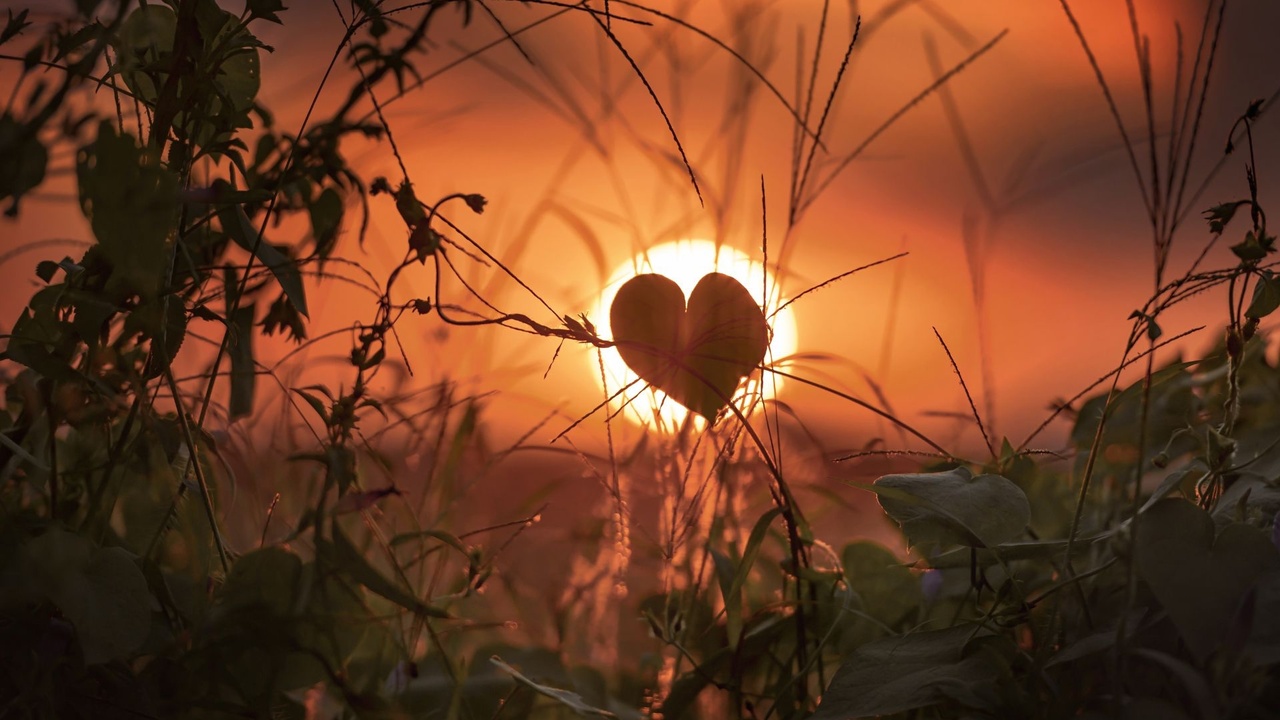Yoga and Collective Grief
Oct 19, 2022
Did you hear the news out of Alaska last week that the annual winter snow crab season was cancelled, for the first time ever, because of a decline in the crab population that’s likely due to the warming of the Bering Sea?
For me, it was another sad reminder of the fragility of the world’s precious ecosystems. I know I’m not alone in feeling a sense of grief when thinking about the future of life on earth, or in the deep desire to contribute to the healing and sustaining of life on our beautiful, miraculous planet.
Collective grief happens when a community or a society experiences extreme change or loss. It can manifest in the wake of major events such as war, natural disasters, or any other widespread tragedy. For anyone paying attention, the climate crisis is such an event, perhaps the event of our time.
How can yoga help?
In addition to the body, breath, and awareness-based practices that provide the space necessary for us to experience our grief, I think one of the most important ways that yoga can help us to process collective grief is in the perspectives offered to us by yoga philosophy. Specifically, those philosophies that emphasize and orient us toward love as our deepest, truest essence, known as bhakti yoga. These are the teachings that have been the most pertinent and powerful for me in times of grief. For what is grief if not the flip side of love?
When we understand that our grief for the planet arises out of our love for life on earth, it centers us in an inner experience of love.
The bhakti tradition teaches that love is actually the force that gives rise to life itself. Therefore, its big enough to hold the full spectrum of our experiences and feelings, and powerful enough to transform our sadness, fear, and anger into compassion, strength, and resilience. When I am connected to an inner experience of love, I can discern the most beneficial and appropriate response I can possibly offer to the situation, whatever the eventual outcome.
Turning to this power of life within ourselves in the form of love provides an inner refuge. My experience is that as we develop our own capacity for love, it becomes a source of renewal and replenishment that we can continually turn to in order to respond with clarity and fortitude to the challenges we face.
Love alone won’t solve the climate crisis. But given the choice, I think it’s how all of us would prefer to move forward.
